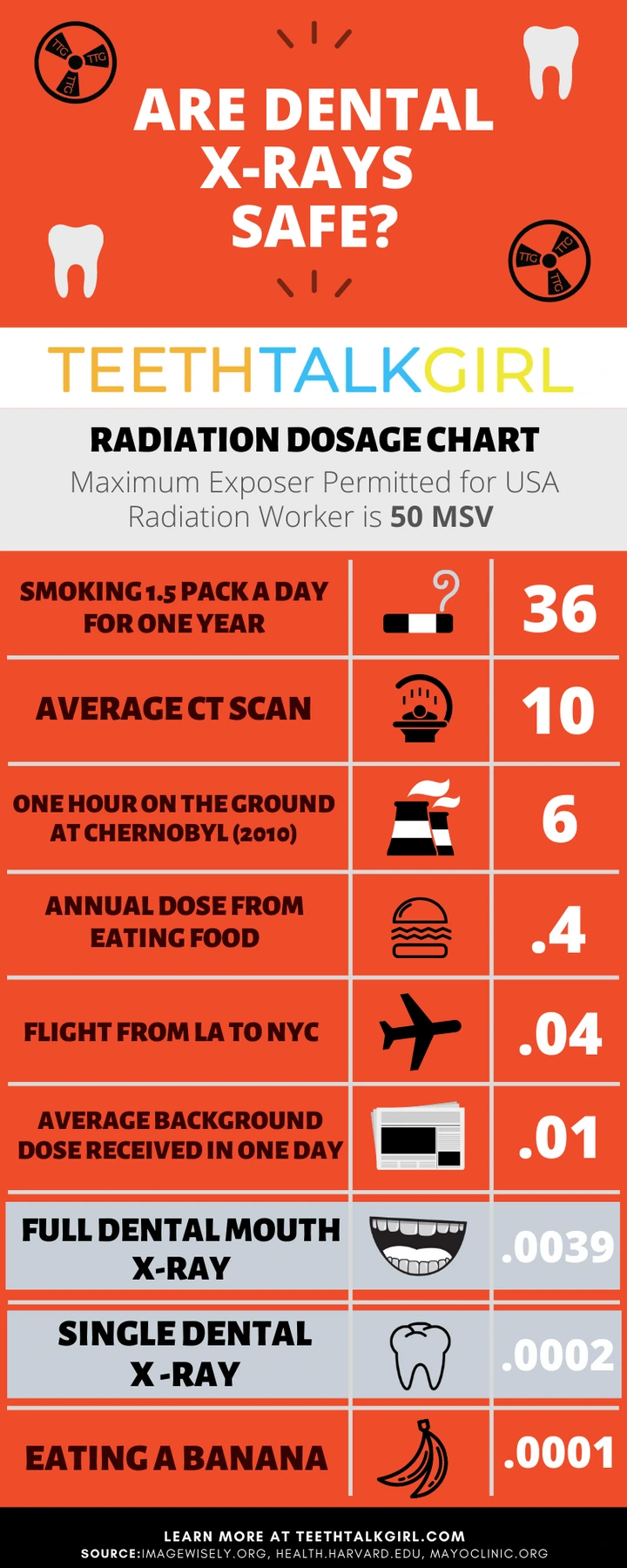Can You Get Wisdom Teeth Removed When You're Pregnant?


Wisdom teeth typically start to erupt during the teen years and early 20s. But they frequently “cut through” in the mid to late-20-somethings or even 30 years of age for some of us. Being that this timeframe also coincides with a woman’s fertility, it’s not out of the question to experience wisdom teeth pain when pregnant. But if you’re in pain or experiencing complications, can you get wisdom teeth removed when you’re pregnant? The short answer is, “it depends.”
Wisdom teeth frequently erupt in early adulthood, which also happens to be a time where women are most fertile. As a result, it’s fairly common to experience wisdom teeth pain when pregnant. But can you get your wisdom teeth removed when you’re pregnant? Although routine dental care is safe to perform on pregnant women, most doctors suggest delaying significant, non-emergency oral surgery until after giving birth. The exception being if you’re in severe pain or the wisdom tooth is extremely infected.
Risks Of Wisdom Teeth Removal During Pregnancy
Wisdom tooth extractions are technically a type of oral surgery procedure. And as with other tooth removal procedures, extracting the tooth can be a straightforward or complicated process in and of itself. Its position, any active cysts or infection, and stage of development are all factors that contribute to wisdom teeth pain when pregnant.

Since wisdom teeth tend to grow gradually over the course of several years, it’s unlikely that they will creep up on you suddenly out of the blue. More often than not, you’ll experience some “flare ups” that come and go as the third molars develop. For that reason alone, wisdom teeth extractions can usually be scheduled at a time that’s convenient for the individual. But if you’re experiencing significant discomfort, you may need to move the surgery date up.
If you’re experiencing wisdom teeth pain when pregnant, you may feel like you’re out of options. Can you get your wisdom teeth removed when you’re pregnant? Only if the benefits of the extraction outweigh the risks. Necessary steps involve routine procedures like X-rays, anesthesia, and moderately invasive surgery…all of which are safe on their own but may not be ideal for a woman who is in the very early or late stages of her pregnancy.
Any time you’re undergoing a surgical procedure like wisdom teeth removal, you’ll need a thorough medical screening with your dentist. But if you’re pregnant, your dentist will probably need additional approval from your OBGYN. The last thing you want to experience is adverse effects of sedation, anesthesia, or anything that could bring up your blood pressure while pregnant. Although the risks of routine oral surgeries (like wisdom tooth extractions) are minimal, the state of pregnancy adds an extra range of precautions that need to be taken for the safety of mother and baby alike.
X-Rays When Pregnant
Today’s digital X-rays use an extremely low amount of radiation. When paired with a protective led apron draped over your reproductive organs, they’re entirely safe to take whether you’re pregnant or not. All of that being said, your dentist may decide to delay routine X-rays until after you’ve had your baby. A panoramic film (that shows your full mouth) will only be necessary if you’re likely to need your wisdom teeth extracted during pregnancy. Since wisdom teeth don’t grow very quickly, routine X-rays can help track their development.

Local Anesthetic During Pregnancy
Local anesthetic is a must-have for any dental extraction. The numbing medication desensitizes the area immediately around your wisdom tooth, preventing any discomfort during its removal. But local anesthetic also contains epinephrine, which can elevate your heart rate. For that reason, some doctors recommend avoiding using it on pregnant women.
Fortunately, more recent research by the American Dental Association has revealed that local anesthetics with epinephrine are completely safe to use throughout pregnancy. No risks were found whatsoever.
However, if you think you’re in need of a stronger medication — such as dental sedation — you will probably need to wait until you have your baby. Unless you need an emergency extraction, your dentist can work with you to provide interim pain relief for any swelling or discomfort related to your problematic wisdom teeth.
Oral Infection When Pregnant
If your wisdom teeth are infected, removing them is a proactive way to prevent recurring problems. But if you’re pregnant, your dentist will need to weigh whether interim treatments like antibiotic therapy or a prescription mouth rinse can get you by for the time being. Although they’re not long-term solutions, they can see you through the window of pregnancy until it’s more convenient to have your wisdom teeth removed.
Can you get wisdom teeth removed when you’re pregnant? Usually only if you have a significant infection or moderate to severe wisdom teeth pain. When pregnant, always consult with your dentist and physician/OBGYN before planning a surgery (whether it’s elective or not.)
Best Time For Wisdom Tooth Removal If Pregnant
Medically necessary dental extractions and oral surgery can be completed at any stage of pregnancy. But most women are more comfortable during their second trimester, after morning sickness has subsided and while it’s still comfortable for them to physically lay on their back. If you’re starting to experience wisdom tooth pain when pregnant, it’s best to have your dentist or oral surgeon evaluate them early, instead of putting it off.
For the best outcome, plan to see your dentist every six months before, during, and after pregnancy. Consistent monitoring of your oral health will help to prevent unnecessary infection, complications, or wisdom tooth pain when pregnant.
Recap
Can you get wisdom teeth removed when you’re pregnant? Yes. But only if you really need to do it right away and it can’t wait. If you have chronic infection, facial swelling, or severe wisdom teeth pain when pregnant, you’ll probably need to go ahead and plan to have them taken out. But have your dentist and physician communicate the best route of care for your holistic health. Eliminating oral infections is crucial to the health of your child. However, minor wisdom tooth symptoms could potentially be managed with short-term success until after you’ve given birth to your baby. If you absolutely need your wisdom teeth extracted while you’re pregnant, it’s possible to do so in a safe manner.

Make your inbox smile!
Subscribe





